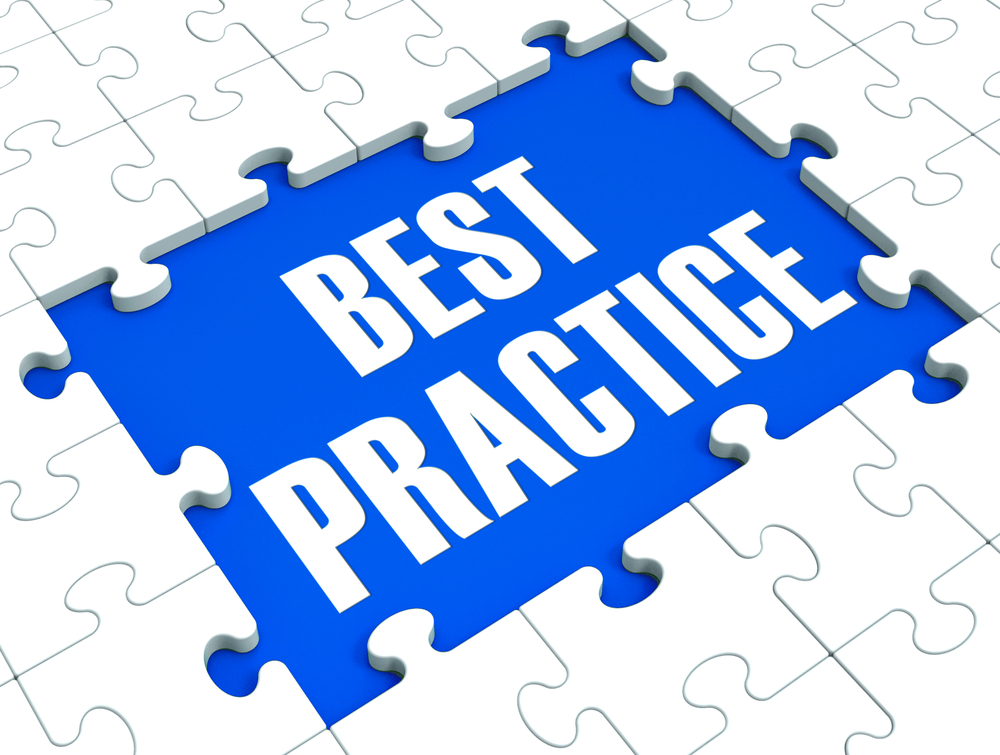During any kind of research project, you’re going to collect data. This data will vary depending on what you’re studying, but you will need to create a data management plan no matter what. This is because it’s vital you explain exactly how you will use data at every point during the data life cycle. Here’s ten rules that will make creating your own plan simple.
Rule 1: Understand the research sponsor requirements
The first thing you must do is find out what is needed from you from your research sponsor. Each sponsor will have slightly different needs. “Even if you’ve worked with a sponsor before, it’s always best to check to ensure they haven’t recently changed their requirements”, says Amber Coburn, an Operation Manager at Bigassignments.
Rule 2: Identify the data to be collected
Every aspect of your data management plan will depend on what data you’re collecting. Now’s the time to identify what kind of data you’ll be looking for.
– Types: Will you be doing interviews, looking at patient records, or looking at spreadsheets?
– Sources: Where will the data come from? Will you do direct observations, or study research notes?
– Volume: How much data will you need to do your research?
Rule 3: Decide how data will be organized
Once you collect your data, you’ll need a good way to keep it organized and easily accessible. How you do this will again depend on the requirements of your research sponsor, too, so make sure you know them before you start planning.
Rule 4: Decide how you will document your data
Your data won’t mean anything on its own, unless you document it in a certain way. Thomas Green, a content manager at Assignment help commented on the requirement: “You’ll need to decide how you’ll document it, so it makes sense to the reader. There may be certain metadata standards that could help you document your data, so use them if appropriate.”
Rule 5: Describe how you’ll assure data quality
How will you ensure your data is reliable? Plan in a method of quality assurance, such as verification tests or double blind data entry.
Rule 6: Develop a data preservation strategy
No matter how careful you are with your computer, the worst can happen. You need to present a plan for what should happen if that occurs. Many researchers choose to save at least three different copies of the data in at least two different locations, to ensure that the data can be recovered.
Rule 7: Define your data policies
How will your data be used, now and in the future? There are all kinds of rules and laws that you will need to take into account. Remember to lay out your uses thoroughly, as to not allow for any ambiguity.
Rule 8: Explain how data will be delivered
“There will be multiple uses for the data you collect as part of your research. You may want to email it out, publish it, or send it to other researchers. You’ll need to explain what you’re going to do with it, and your reasons for doing so,” says Deborah Willson, a Business analytic at Ukwritings and an expert at Huffingtonpost.
Rule 9: Assign roles to your team
Every member of your team will have a role to play when it comes to your data. In your plan, you will need to assign each member with a specific role. These roles will ensure that the data stays safe.
Rule 10: Prepare a budget
Finally, you’ll need a budget. Ensure that it’s realistic and will be enough to help you store your data responsibly.
This data management plan will help you follow your process through carefully, and ensure the safety of your data. Use it to ensure that you get the most out of the data you collect.

















